Tips for Overcoming Travel Anxiety
Understanding Your Travel Anxiety
Travel anxiety can manifest in many ways, from mild unease to full-blown panic. Recognizing the specific triggers and anxieties you experience is crucial to developing effective coping strategies. Are you worried about the unknown? Perhaps the logistics of travel, like navigating unfamiliar airports or public transportation, cause you stress. Identifying these specific concerns allows you to address them proactively and build confidence before your trip.
Creating a Realistic Itinerary
Overly ambitious itineraries can exacerbate travel anxiety. Instead of packing in every possible activity, focus on a manageable schedule that allows for flexibility and downtime. Include buffer time between appointments, events, or travel segments. This flexibility is key, as unexpected delays or detours are inevitable and having extra time built in can make a significant difference in your stress levels.
Packing Smart and Efficiently
Overpacking is a common source of travel anxiety. Plan your outfits carefully in advance, considering the activities you'll be engaging in. Pack versatile clothing items that can be mixed and matched. Create a checklist to ensure you don't forget essential items like medications, travel documents, and chargers. A well-organized packing process contributes significantly to a smoother and less stressful journey.
Booking Accommodation and Transportation in Advance
Confirming your accommodation and transportation arrangements well in advance can alleviate much of the pre-trip anxiety. Knowing you have a place to stay and a method of getting around reduces uncertainty and allows you to focus on other aspects of your trip. Researching options and comparing prices can help you make informed decisions and feel more in control of your travel plans.
Communicating Your Needs to Others
If you're traveling with others, communicate your travel anxiety openly and honestly. Sharing your concerns can help them understand your needs and provide support during the trip. Let them know what helps you feel calm and reassure them of your ability to handle any challenges that may arise. Open communication within your travel group can build a supportive environment and minimize stress.
Researching Your Destination Thoroughly
Familiarizing yourself with the local customs, culture, and potential safety concerns of your destination can significantly reduce anxiety. Knowing where to find essential services, like hospitals or embassies, can also provide a sense of security. Researching local transportation options, dining choices, and potential language barriers can help you feel more prepared and confident during your travels.
Practicing Relaxation Techniques
Incorporating relaxation techniques, like deep breathing exercises, meditation, or mindfulness, into your pre-trip routine can help manage anxiety. These techniques can be used during the journey to help you stay calm and centered. Prioritize self-care, ensuring you get enough sleep and maintain a healthy diet leading up to and during your travel experience.
Managing Pre-Trip Stress and Anxiety
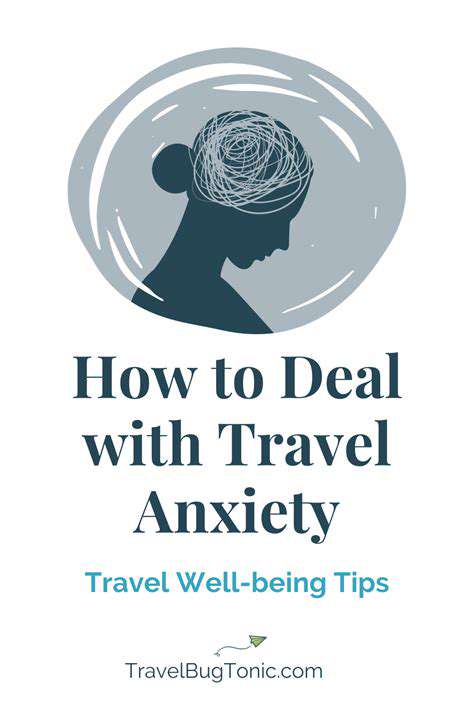
Understanding Pre-Trip Anxiety
Pre-trip stress and anxiety are common experiences, affecting individuals preparing for journeys, whether short trips or extended vacations. This feeling of unease can stem from a variety of factors, including logistical concerns, fear of the unknown, or even a general sense of overwhelm. Acknowledging and understanding these anxieties is the first step towards managing them effectively.
Recognizing the triggers behind your pre-trip stress is crucial for developing coping mechanisms. Are you worried about travel delays? Is the destination unfamiliar, or do you have concerns about the safety and security of your trip? Identifying these triggers allows you to address them directly or develop preventative strategies.
Planning and Preparation
Proactive planning and preparation are essential for mitigating pre-trip anxiety. Detailed itineraries, including transportation schedules, accommodation details, and important contact information, can significantly reduce uncertainty and provide a sense of control. Creating a checklist for packing and essential documents will minimize the last-minute rush and associated stress.
Thorough planning allows you to anticipate potential challenges and develop contingency plans. This proactive approach empowers you to feel more prepared and confident, reducing the likelihood of experiencing anxiety during the trip itself.
Mindfulness and Relaxation Techniques
Mindfulness practices, such as deep breathing exercises and meditation, can effectively reduce anxiety. These techniques help calm the nervous system, promoting relaxation and a sense of inner peace. Incorporating these practices into your daily routine, especially in the days leading up to your trip, can significantly lessen pre-trip stress.
Practicing mindfulness can help you stay grounded and present in the moment. This focus on the present can minimize rumination about potential problems and anxieties associated with the trip.
Addressing Specific Concerns
Addressing specific concerns proactively can alleviate pre-trip stress. If travel delays are a concern, researching alternative transportation options or building in extra travel time can ease worries. If safety is a concern, researching the destination's safety guidelines and taking necessary precautions can provide a sense of security.
If you have concerns about the logistics of your trip, proactively seek out clarification from relevant authorities or service providers. This will help to ensure that you are well-informed and prepared, reducing uncertainty and enhancing your overall sense of well-being.
Prioritizing Self-Care
Prioritizing self-care in the days leading up to your trip is vital. Ensure you get enough sleep, maintain a balanced diet, and engage in activities that you enjoy. Engaging in relaxing activities, like reading, listening to music, or spending time in nature, can contribute to a sense of calm and well-being.
Seeking Support When Needed
Don't hesitate to seek support from friends, family, or a therapist if pre-trip anxiety becomes overwhelming. Talking about your concerns can provide perspective and help you develop strategies for managing your feelings. A support system can offer practical advice, encouragement, and a listening ear during challenging times.
Professional help can provide tailored guidance and coping mechanisms to effectively manage and overcome pre-trip stress and anxiety. Remember, seeking support is a sign of strength, not weakness.
Staying Connected and Grounded During Travel
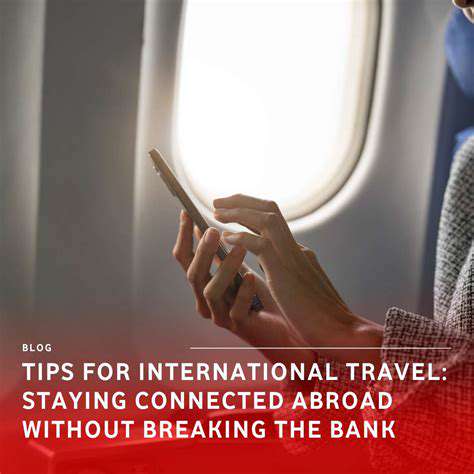
Staying Connected
Maintaining strong connections with loved ones, whether through regular phone calls, video chats, or simply engaging in meaningful conversations, is crucial for emotional well-being. These connections provide a sense of belonging and support, helping us feel less isolated and more grounded in our lives. They remind us that we are not alone in navigating the challenges and joys that life throws our way. Regular interaction with friends and family can significantly impact our mental health and overall sense of happiness.
Cultivating meaningful relationships also involves actively listening and engaging in thoughtful dialogue. Truly listening to others—and being heard in return—strengthens bonds and fosters a sense of mutual respect and understanding. This active engagement helps us develop stronger support systems that can weather life's storms. Remembering important dates and occasions, and making an effort to celebrate milestones, demonstrates care and strengthens the bonds of connection.
Finding Grounding Practices
Incorporating grounding practices into daily routines can significantly reduce stress and anxiety. These practices help to anchor us in the present moment, allowing us to detach from overwhelming thoughts and feelings. Simple activities like deep breathing exercises, mindfulness meditation, or spending time in nature can help to calm the mind and body, fostering a sense of inner peace and stability. These techniques are effective tools for managing stress and cultivating a greater sense of control over our emotions.
Grounding practices can also include engaging in hobbies and activities that bring joy and relaxation. Whether it's painting, gardening, listening to music, or simply enjoying a quiet cup of tea, these activities can provide a much-needed escape from the pressures of daily life. Finding activities that bring us joy and peace is essential for maintaining a sense of well-being and emotional balance. These activities not only provide a welcome respite, but also help us to appreciate the simple pleasures in life.
Prioritizing Self-Care
Self-care is not a luxury; it is a necessity for maintaining overall well-being. Taking time for activities that nourish our physical, mental, and emotional needs is essential for resilience and coping with stress. This might involve getting enough sleep, eating nutritious foods, engaging in regular exercise, or simply taking time for relaxation and personal reflection. Prioritizing self-care is not selfish; it's a crucial step toward building emotional strength and resilience.
Taking care of our physical health through diet and exercise is vital for managing stress and maintaining a positive outlook. Regular physical activity releases endorphins, which have mood-boosting effects and can help reduce feelings of anxiety and depression. A balanced diet, rich in fruits, vegetables, and whole grains, also plays a significant role in maintaining energy levels and overall well-being. Creating a self-care routine that includes these elements is important for lasting physical and mental health.
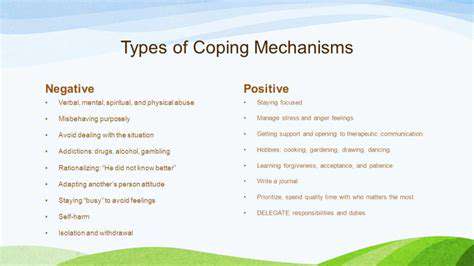
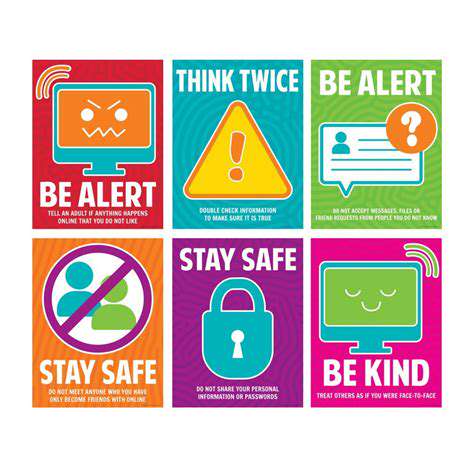
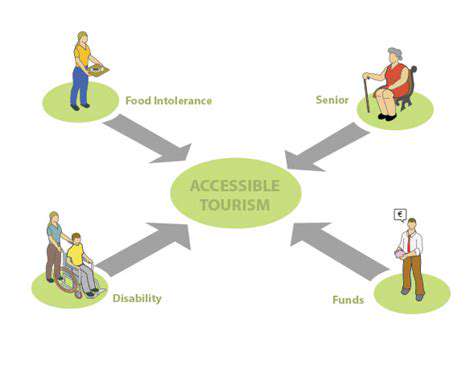

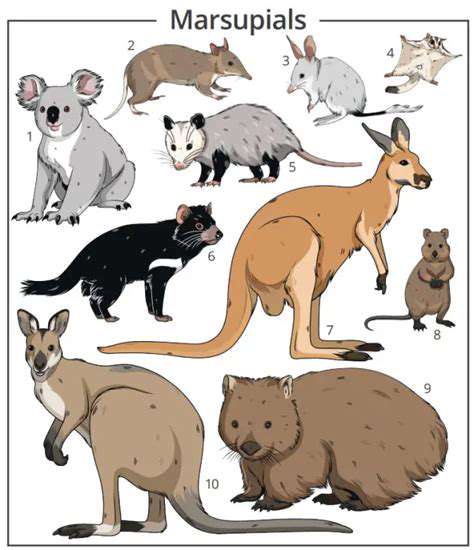

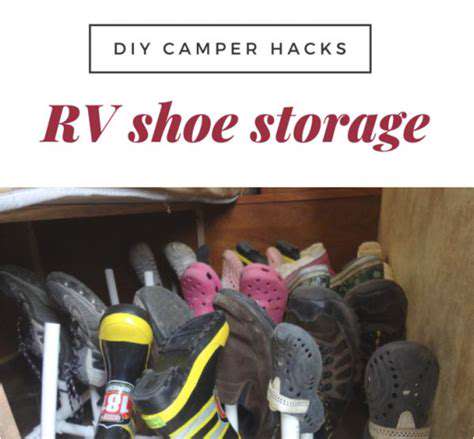

![The Ultimate Packing List for Any Trip [Printable]](/static/images/27/2025-05/ToiletriesandMedications.jpg)
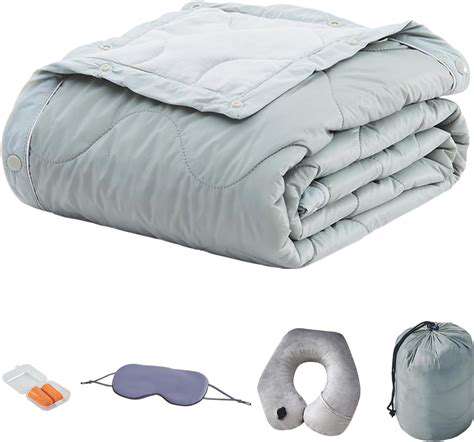

![Visiting UNESCO World Heritage Sites [Guide]](/static/images/27/2025-06/CraftingYourItinerary3ABalancingExplorationandRelaxation.jpg)
